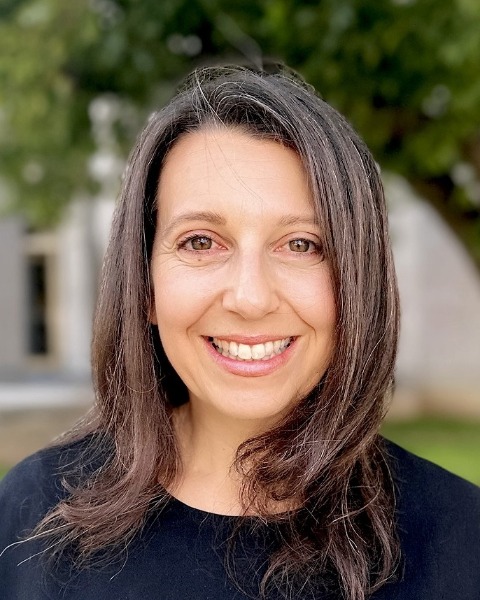Climate Action
Here's $1 Million - Now Solve Climate Change!
Monday, April 15, 2024
9:30 AM - 10:15 AM CT
Location: Room 200 A - E
CM | .75
Division Endorsement: Regional and Intergovernmental Planning Division

Joshua Lathan (he/him/his)
Associate Principal, Sustainability and Climate Planning
AECOM
Sacramento, CA
Ariella Maron (she/her/hers)
Executive Director
Delaware Valley RPC
Philadelphia, PA
Moderator and Speaker(s)
Speaker(s)
For the first time, the entire country is addressing climate action planning simultaneously through the EPA’s Climate Pollution Reduction Grant (CPRG) program. Planning grant recipients cover the US, its territories, and tribal communities across urban, rural, and suburban landscapes. For some areas, this program represents the initial effort to develop a climate action plan. The first deliverable, a Priority Climate Action Plan (PCAP), is due March 1, 2024, and will include a list of climate actions that become eligible for nearly $5 billion in competitive grant funds.
This panel will provide a retrospective that shares lessons collected from various CPRG grant recipients. Our panelists will interview staff from participating regional councils of government, cities and counties, and others, and collate responses that characterize how program implementation has progressed to date. The experiences shared will focus on innovative approaches, successes, and failures related to CPRG required elements, such as low income and disadvantaged community benefit analysis, intergovernmental stakeholder engagement, implementation planning, and efforts to reduce redundancies in climate planning. The presentation will share ideas that audience members can take back to their local CPRG recipients to help guide the second deliverable, a Comprehensive Climate Action Plan, that is due summer 2025.
Access this session with closed captions (Wordly)
This panel will provide a retrospective that shares lessons collected from various CPRG grant recipients. Our panelists will interview staff from participating regional councils of government, cities and counties, and others, and collate responses that characterize how program implementation has progressed to date. The experiences shared will focus on innovative approaches, successes, and failures related to CPRG required elements, such as low income and disadvantaged community benefit analysis, intergovernmental stakeholder engagement, implementation planning, and efforts to reduce redundancies in climate planning. The presentation will share ideas that audience members can take back to their local CPRG recipients to help guide the second deliverable, a Comprehensive Climate Action Plan, that is due summer 2025.
Access this session with closed captions (Wordly)
Learning Objectives:
- Describe the challenges and lessons learned from performing the required low income disadvantaged community (LIDAC) analysis to improve equitable climate planning outcomes
- Compare how the EPA’s CPRG program reduced redundancies found in traditional climate planning by approaching repetitive tasks from a regional perspective
- Evaluate how participants designed their Priority Climate Action Plan action lists to position for the EPA’s upcoming implementation grants and review the kinds of projects that were included
